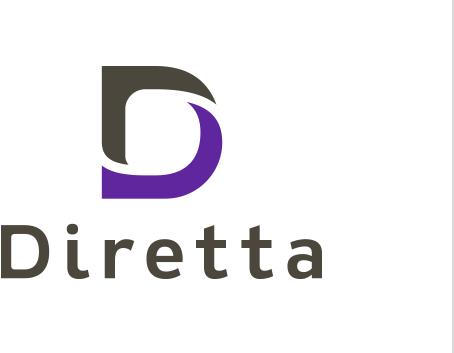The network protocol should have nothing to do with the "time between data" seen by the DAC, so no effect on the analog output from the DAC. Most HiFi USB DACs have a local clock that controls timing of data transfer from its local buffer to its DAC chip. When the buffer drops below some level it signals the computer that it is ready for the next block of data. The computer needs to deliver the next block before the DAC's local buffer runs out, which normally isn't a problem. If the computer doesn't deliver in time there will typically be an audible glitch, much like a pop or click on vinyl, but it will depend on the DAC and how big the gap is. Usually the cause is a buggy driver causing excessive interrupt latency - nothing to do with the network protocol. Note that there will be several other buffers involved, notably in the operating system's audio subsystem and in the streamer software itself. These shouldn't ever run out of data unless there's a bug, the computer is too heavily loaded to process things in a timely manner, or you have a networking problem that prevents the streaming server providing data in a timely manner. If they do run out then you will have clearly audible glitches - pops, muting, or in some cases looping of a buffer.
My mind is open to changes in evidence, but so far none has been presented.




